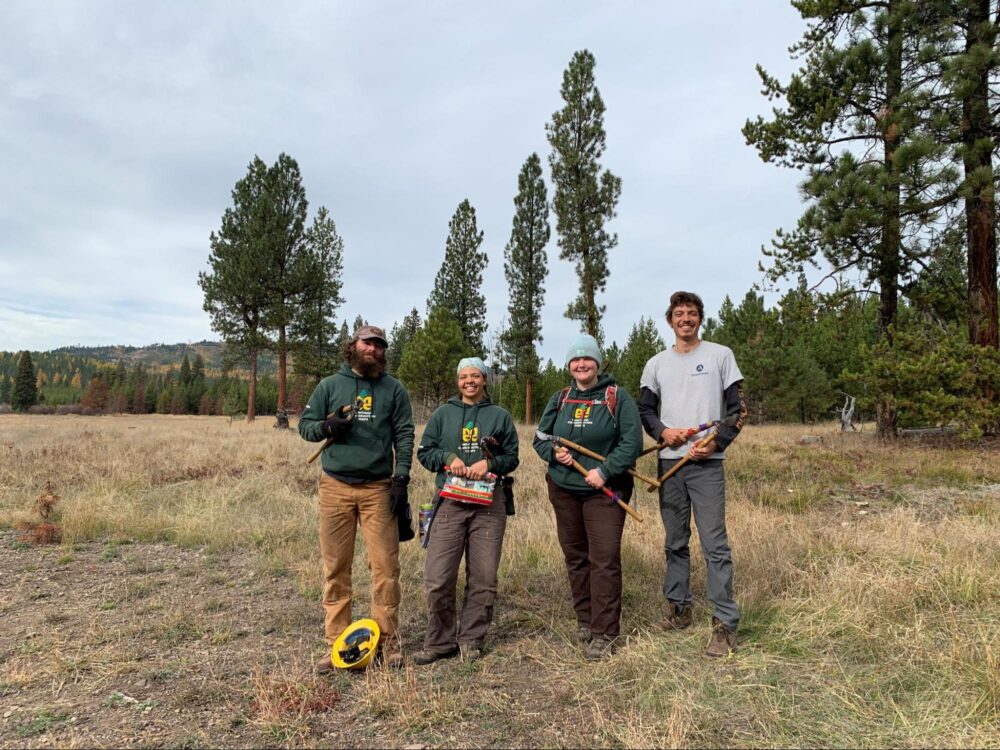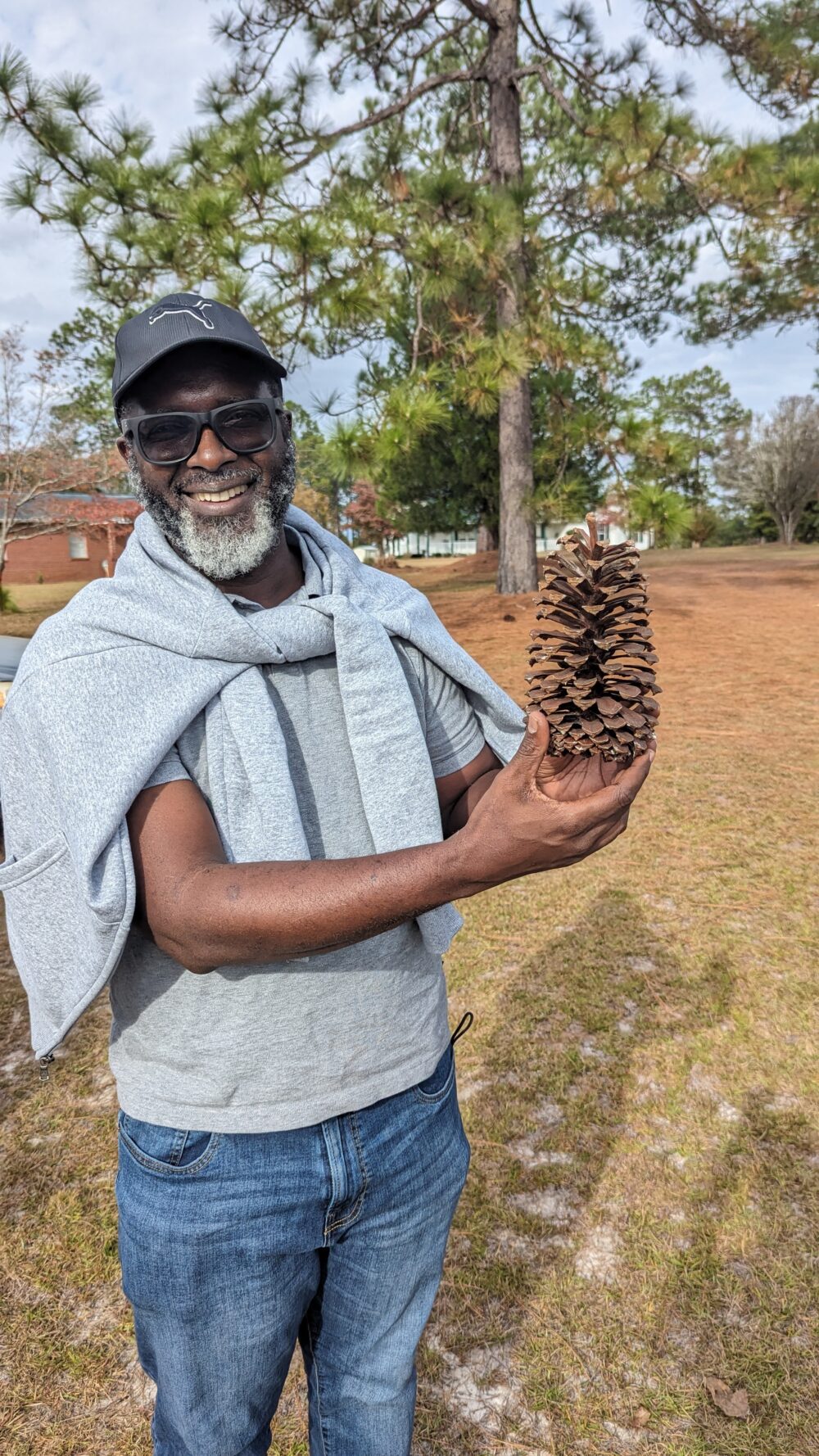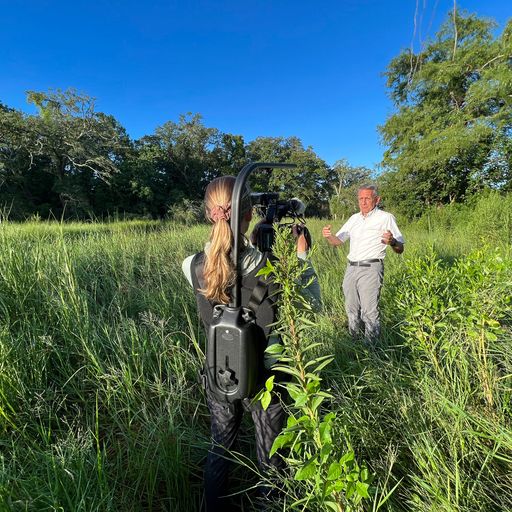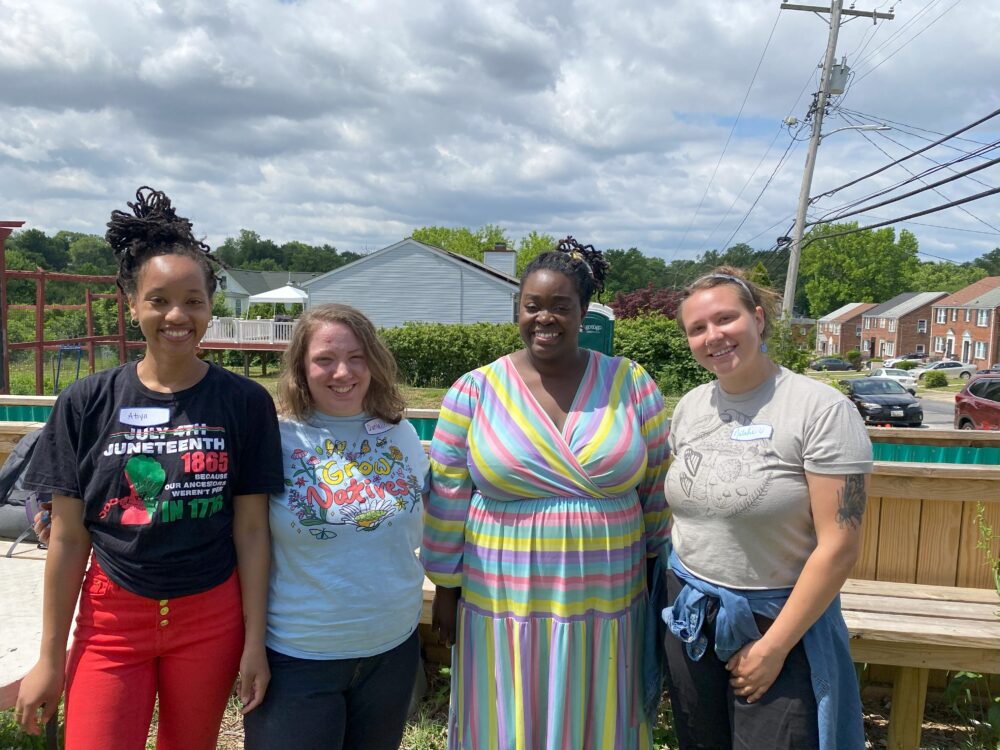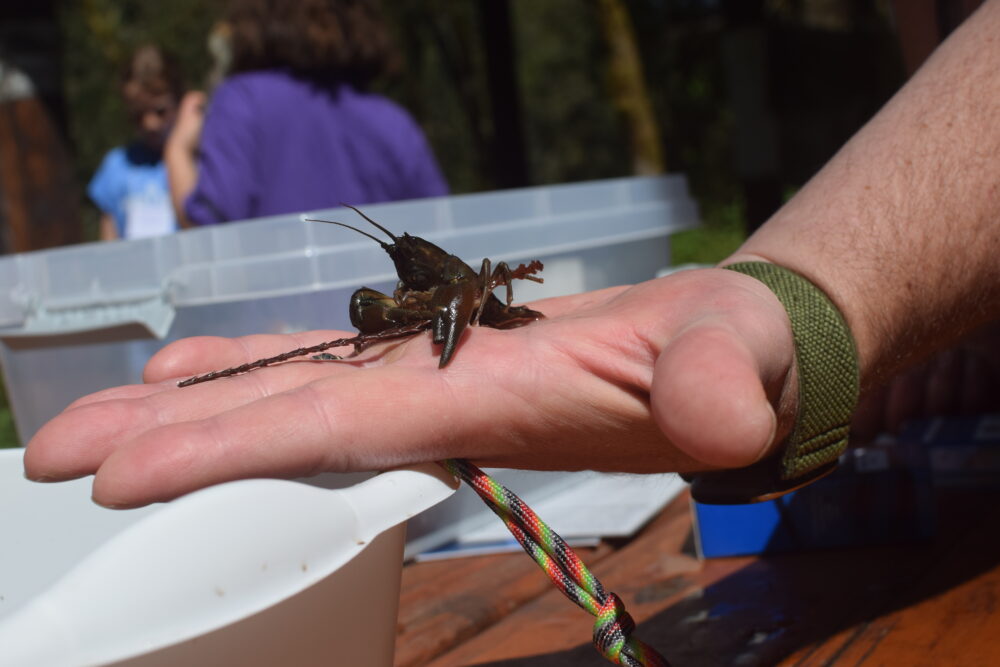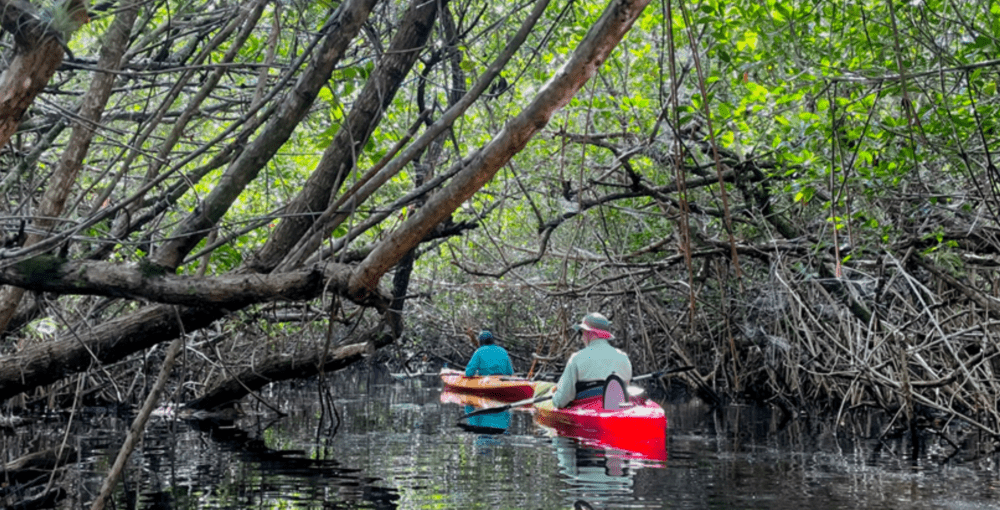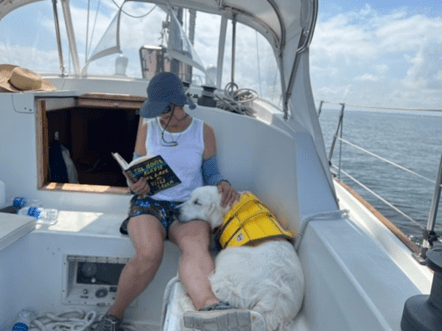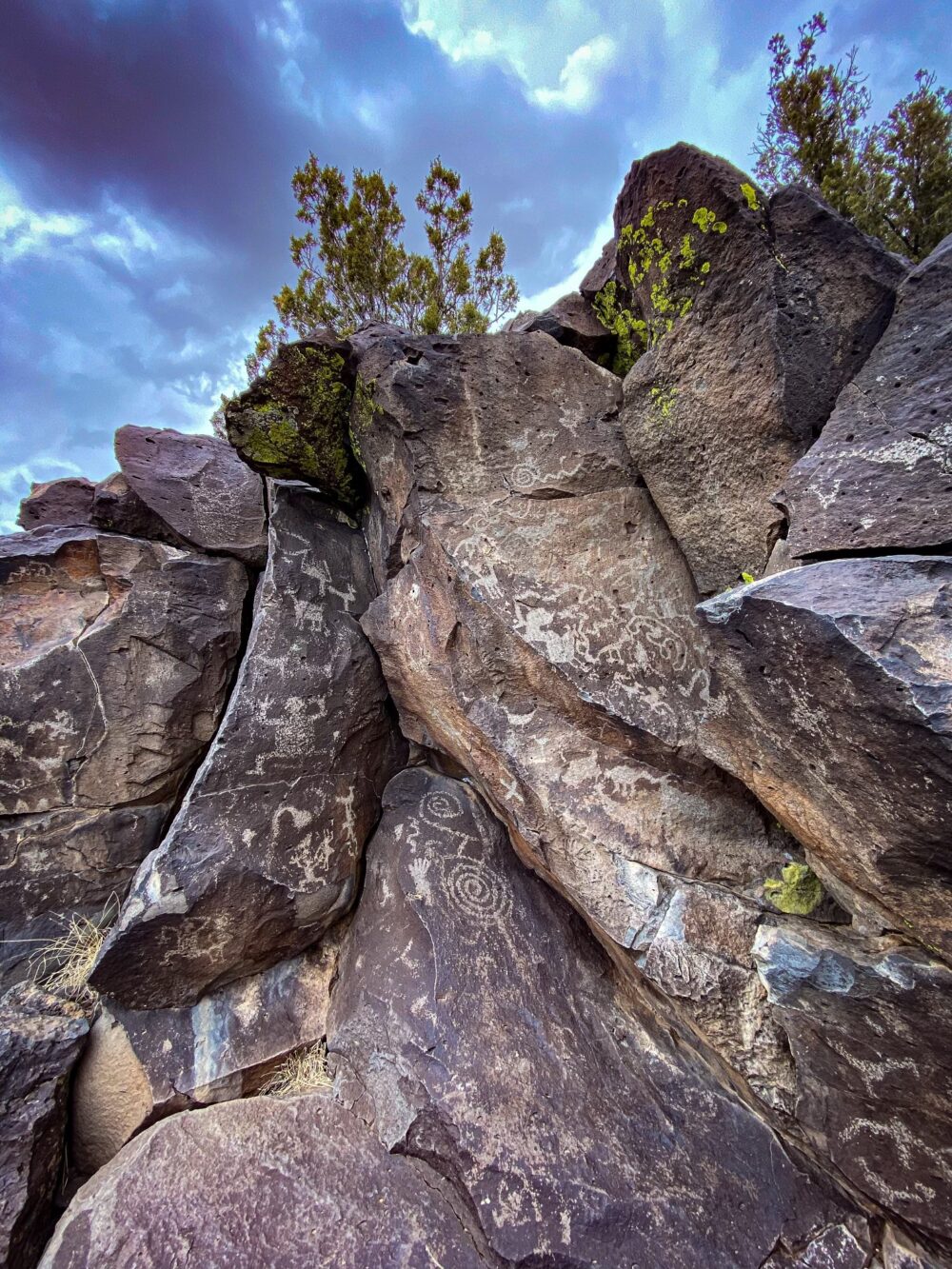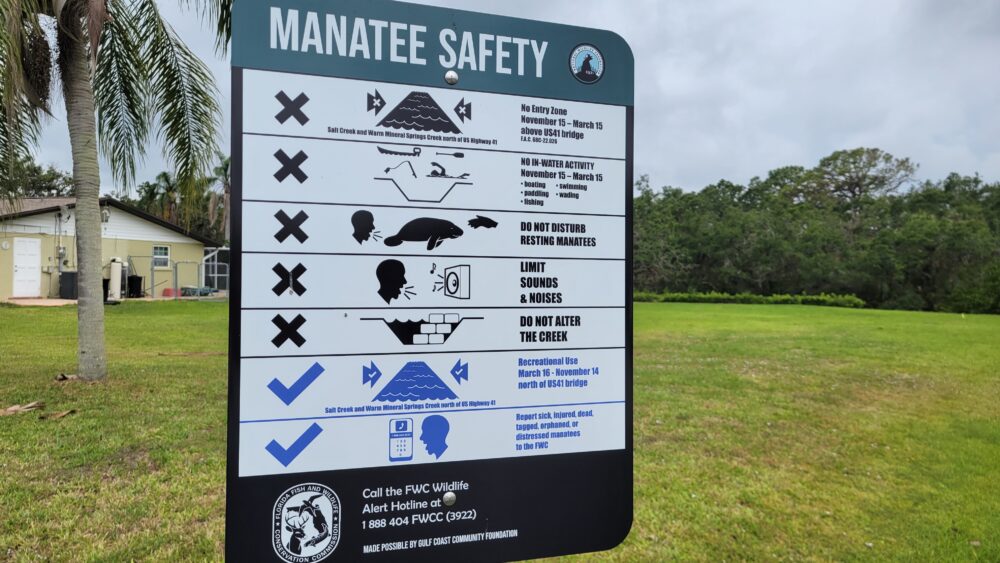We have much more to do and your continued support is needed now more than ever.
Diving for a Diploma
Do you have a difficult daily commute? Imagine using four modes of transportation (bus, subway, ferry, plus a 10-minute walk) just to attend high school!
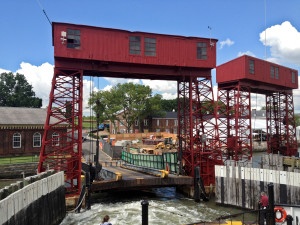
Having visited hundreds of schools throughout NYC, I was stunned to be welcomed by a large fish tank as I entered the light-filled school lobby, a change from the metal detector greeting that is unfortunately common in many schools. This interplay of man-made and natural elements became a recurring theme as we toured the school with Murray Fisher, the wonderfully zealous founder of the school. We saw it in the garden outside the school entrance that surrounds a basketball court. There it was again in the woodshop where students were building a sloop (a boat used in New York harbor over a hundred years ago) from scratch.
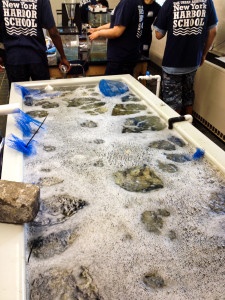
As I begin implementing NWF’s Eco-Schools USA in New York City, I’m encouraged by this example of a school already creating a deeply sustainable environment for its students. It’s not just the oyster restoration lab or advanced compost system in the cafeteria, but the sense of expectation that the school consistently expresses to its students that is so revealing. This community on a 172-acre island in New York Harbor is developing a path toward a bright and balanced future. In one of the classes we observed, roll call was taken for an optional—yet important—scuba diving course occurring over the weekend. One girl mentioned that it was the weekend of National Puerto Rican Day, a much celebrated holiday in NYC. I watched as the students, many of whom where of Latino descent, contemplated whether they could miss the parties, parade and celebration of their heritage to spend two days diving. Given everything else that I saw at New York Harbor School, I wasn’t surprised when many of the students chose the activity that would lead them into an unfamiliar, but limitless future.
 Omari Washington is working as an NWF contractor for Eco-Schools USA. He is implementing the program in New York City by conducting outreach, providing resources and leading trainings for sustainability coordinators, teachers and principals throughout the city. Omari is a graduate of Green Mountain College, a small, progressive, environmental liberal arts college in Vermont. He will continue his education in the fall of 2012 by attending Pratt Institute, where we will pursue a Master’s Degree in Urban Environmental Systems Management.
Omari Washington is working as an NWF contractor for Eco-Schools USA. He is implementing the program in New York City by conducting outreach, providing resources and leading trainings for sustainability coordinators, teachers and principals throughout the city. Omari is a graduate of Green Mountain College, a small, progressive, environmental liberal arts college in Vermont. He will continue his education in the fall of 2012 by attending Pratt Institute, where we will pursue a Master’s Degree in Urban Environmental Systems Management.











